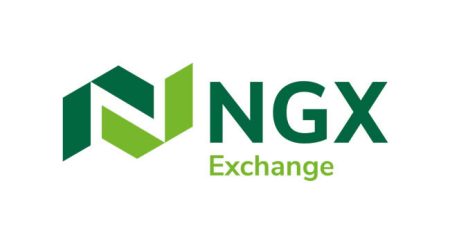Nigeria is poised to enter a new era in automotive manufacturing with the ambitious plan to produce plastic automotive components locally. This strategic move, driven by the National Automotive Design and Development Council (NADDC), aims to revolutionize the nation’s automotive sector by reducing reliance on imported parts, boosting local content, creating jobs, and stimulating economic growth. The initiative will leverage Nigeria’s abundant petrochemical resources and nascent plastics industry to establish a sustainable supply chain for high-quality plastic components, catering to both domestic vehicle assembly plants and the broader aftermarket. This shift promises significant cost reductions for automotive manufacturers, increased competitiveness of Nigerian-assembled vehicles, and the development of a robust domestic automotive ecosystem.
The NADDC’s strategy recognizes the pivotal role of plastic components in modern vehicles. From dashboards and interior trims to bumpers and exterior panels, plastics offer a lightweight, durable, and design-flexible alternative to traditional materials like metal. By fostering local production of these components, Nigeria can capitalize on this growing demand while simultaneously addressing the challenges of import dependency and foreign exchange fluctuations. The initiative also aligns with global trends towards lightweighting vehicles to improve fuel efficiency and reduce emissions, further strengthening the competitiveness of Nigerian-assembled vehicles in the regional and international markets. The NADDC is actively engaging with stakeholders across the automotive value chain, including plastic manufacturers, automotive assemblers, research institutions, and regulatory bodies, to create a conducive environment for this transformative project.
A key element of the NADDC’s plan involves establishing dedicated plastic component manufacturing clusters or industrial parks. These hubs will provide a centralized location for manufacturers, fostering collaboration, knowledge sharing, and economies of scale. They will also facilitate access to shared infrastructure, testing facilities, and technical support, reducing the barriers to entry for smaller players and promoting the growth of small and medium-sized enterprises (SMEs) within the sector. The clusters will be strategically located near existing automotive assembly plants and petrochemical hubs to optimize logistics and minimize transportation costs. Furthermore, the NADDC is exploring partnerships with international companies to transfer advanced technologies and best practices in plastic component manufacturing, ensuring the production of high-quality components that meet international standards.
The development of local skills and expertise is another crucial aspect of the NADDC’s initiative. Recognizing the need for a skilled workforce to drive this new industry, the Council is investing in training programs and capacity building initiatives to equip Nigerians with the technical skills required for plastic component design, manufacturing, and quality control. This focus on human capital development will not only provide employment opportunities for Nigerian youth but also ensure the long-term sustainability and success of the local plastic automotive component industry. Collaborations with technical and vocational education and training (TVET) institutions will play a key role in delivering relevant training programs and fostering a pipeline of skilled professionals for the sector.
Beyond the economic benefits, the local production of plastic automotive components holds significant environmental advantages. By utilizing recycled plastics in the manufacturing process, Nigeria can contribute to a circular economy, reducing plastic waste and its impact on the environment. Furthermore, the use of locally sourced raw materials will minimize the environmental footprint associated with transportation and logistics. This commitment to sustainable manufacturing practices will further enhance the competitiveness of Nigerian-assembled vehicles and align the automotive sector with national and global sustainability goals. The NADDC is working with relevant agencies to develop standards and regulations that promote the use of recycled plastics and ensure environmentally responsible manufacturing practices.
The NADDC’s initiative to manufacture plastic automotive components in Nigeria represents a bold step towards transforming the nation’s automotive landscape. By fostering local content development, creating jobs, stimulating economic growth, and promoting sustainable manufacturing practices, this initiative holds immense potential to reshape the future of the Nigerian automotive industry. The successful implementation of this ambitious plan will require sustained collaboration among all stakeholders, including government agencies, private sector players, research institutions, and training providers. With a clear roadmap, dedicated investments, and a commitment to excellence, Nigeria is well-positioned to become a regional leader in the production of high-quality plastic automotive components. The NADDC’s vision is not just about producing parts; it’s about building a robust, sustainable, and globally competitive automotive ecosystem that drives economic prosperity and enhances Nigeria’s position on the global automotive stage.














